https://ift.tt/2Ml9ndM - youtube channel Star Trek: 20 Things Wrong With The Movies We Choose to Ignore https://ift.tt/2LEaOQ9 August 30, 2018 at 12:08AM 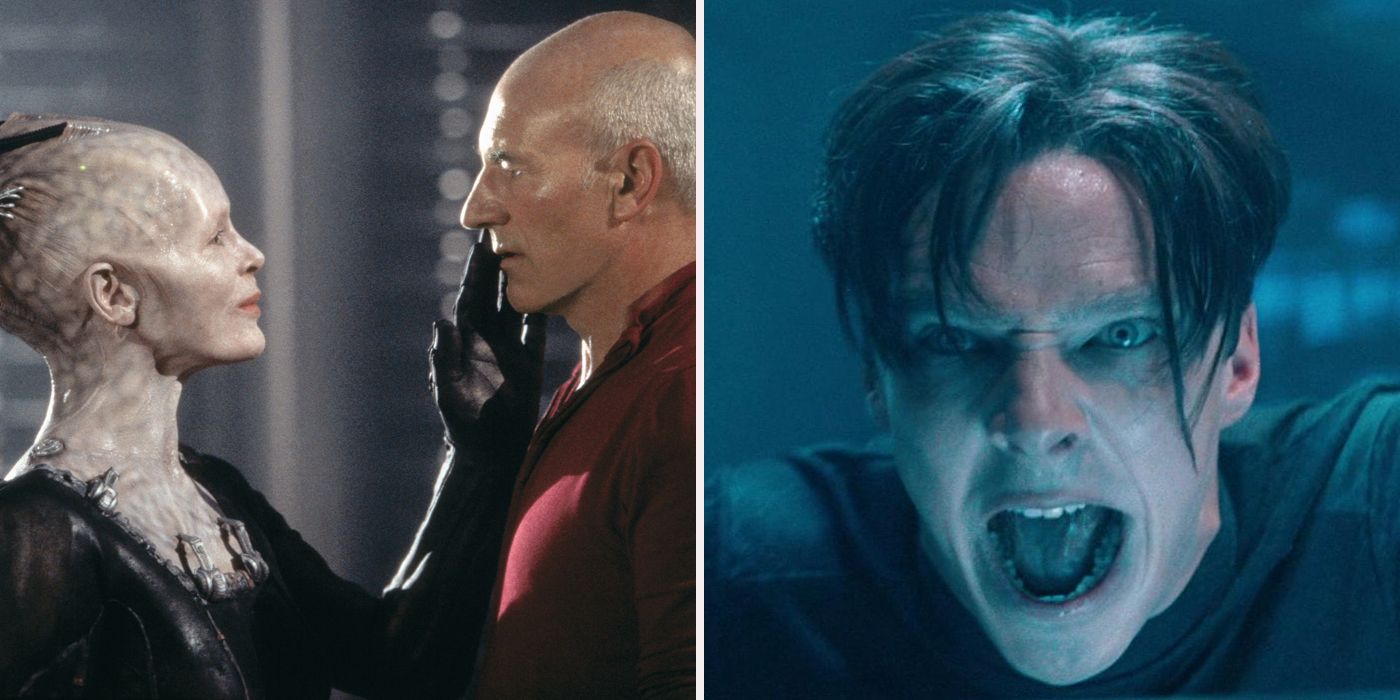
Gene Rodenberry's original Star Trek series spawned decades of media and fan devotion. It's been 52 years, yet the stories of the Federation, the Enterprise, and its universe live on.
The Kelvinverse movies, Star Trek: Discovery, and the Picard series in development only emphasize the stories' strength.
While all of the series are cherished by different sects of the fandom, the movies have been a bit more divisive. Star Trek, at times, struggles to make a film instead of an extra long episode.
Even wilder, some of those extra long episodes work far better than other ones that try very hard to be more cinematic.
The two series that have resulted in movies, the Original Series and Star Trek: The Next Generation, have now given fans thirteen movies to enjoy.
No matter which ones are argued to be the best or the worst, they all have some problems. Sometimes, certain things about the movies just haven't been quite right, and even ridiculous.
With that said, here are the 20 Things Wrong About Star Trek Movies We Choose to Ignore.
20 Romulans Cloning Picard in Star Trek: Nemesis
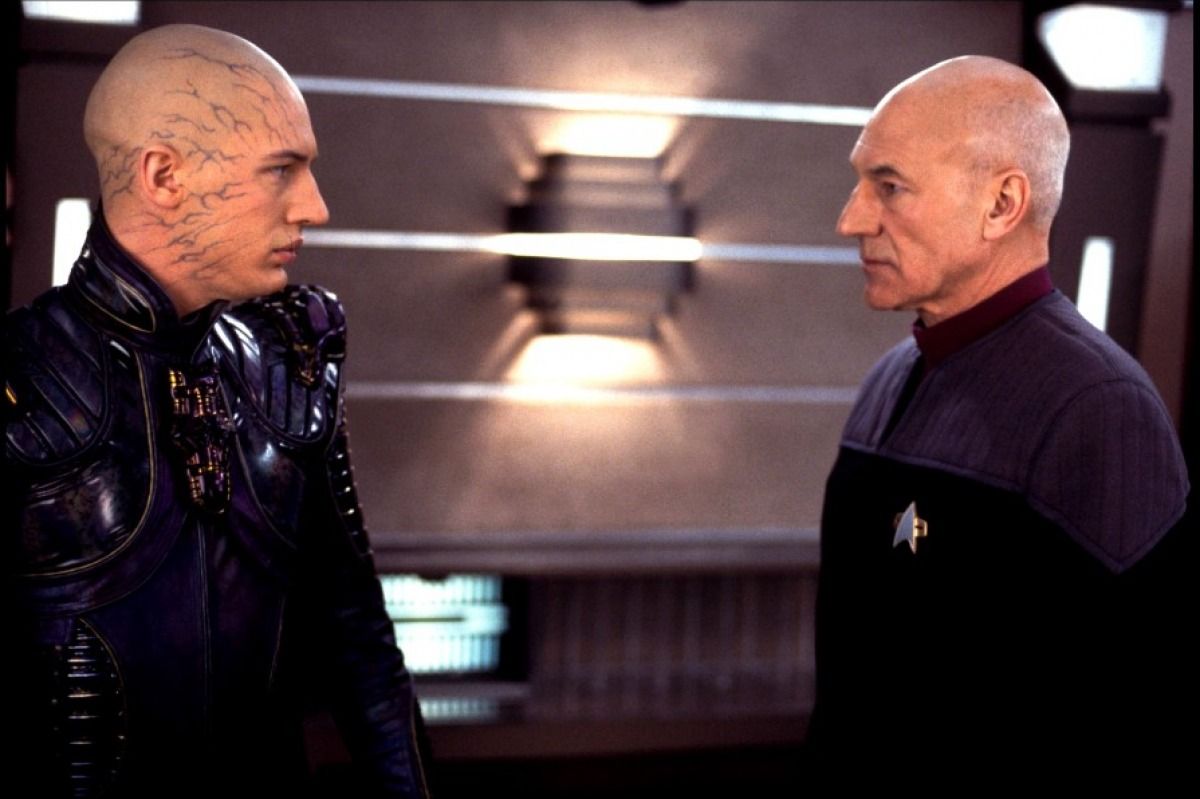
Nemesis has the interesting concept of Picard facing the worst in himself, but the movie executes the idea poorly.
His younger clone, Shinzon, is a war-mongering botched experiment made out of faulty logic.
Most importantly, the Romulans may be the emotional counterparts to Vulcans, but they are hardly wasteful or stupid.
Abruptly ending the Shinzon project is odd enough, without factoring in their inefficient and nigh-stupid plan to end his life. Dropping him off on a slave planet hardly rids them of the problem.
Even more alarming is the fact that, after this extreme oversight almost leads to Shinzon destroying the Federation, the Romulans only get a slap on the wrist for their actions.
A newly promoted Captain Riker is even inbound for Romulan peace talks as the movie ends.
The fact that there are no reprimands for their serious scientific crimes or enslavement of the Remans is pretty unjust.
19 Kirk's Demise in Star Trek: Generations

Star Trek: Generations was meant to be the Star Trek crossover of the century, as it depicted iconic Enterprise captains Kirk and Picard working side by side.
However, the result was hardly as exciting.
Minutes into the film, Kirk is presumed lost, and only shows up again near the end of the movie.
He works with Picard to stop a man from blowing up parts of the universe, saving countless lives. In the process, he's fatally injured.
While admirable, the loss feels hollow. Instead of finding and adventuring with Kirk in a triumphant return, he remains lost to the rest of the universe.
Ultimately, the story turned into Picard accepting his own mortality and legacy instead of a team-up between the two.
For the man who captained the first series, it's a sour send-off that left a lot of fans disappointed.
18 Star Trek: Beyond's Villain
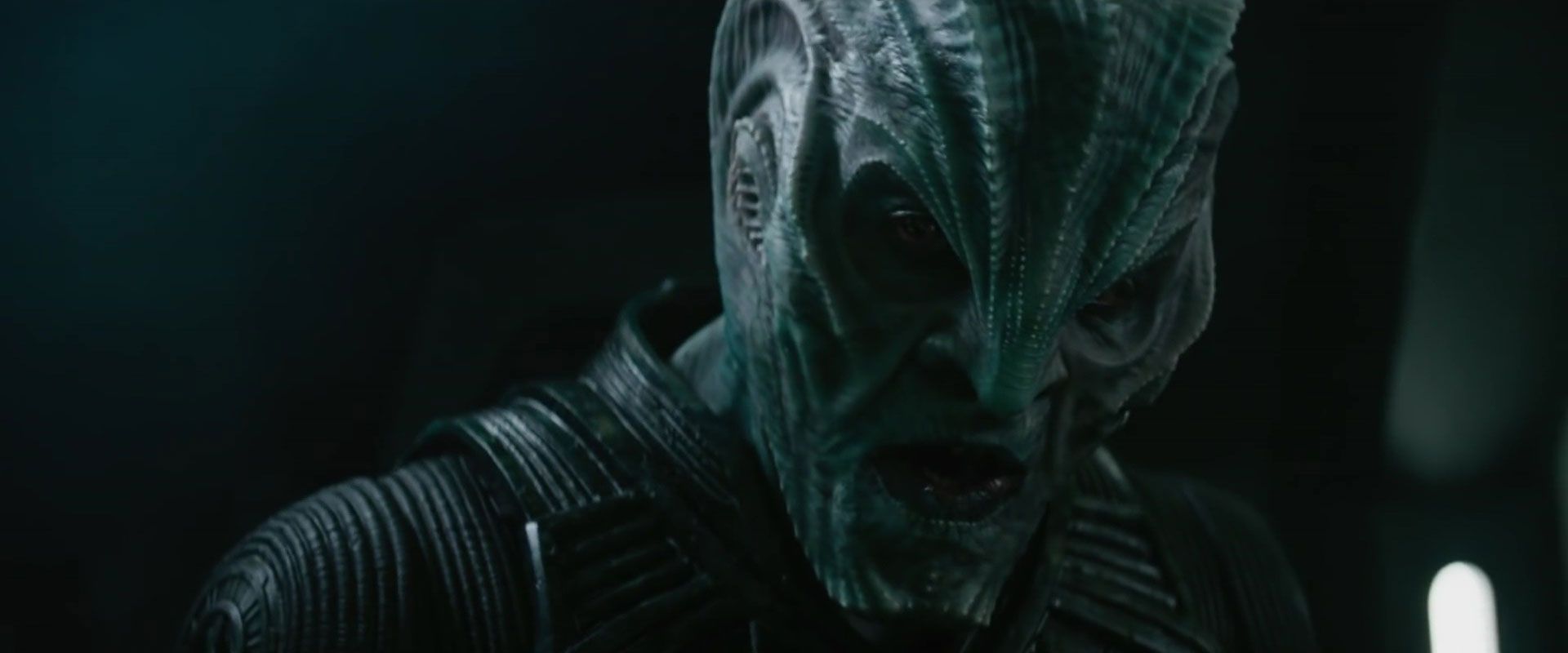
Though menacing and powerful, Star Trek: Beyond failed in fleshing out it's main baddie, Krall. While the movie gives him motives, it doesn't exactly focus those goals, instead leaving him a murky mess of a foe.
Krall once was Balthazar Edison, former captain of the missing USS Edison.
The man had a lot of issues by the time of Beyond. He despised the Federation's pro-peace stance, thinking society grows best in conflict.
He also felt deep resentment towards Starfleet, as he felt that they abandoned him and his crew. There's also some pseudo-master race, immortality obsession aspects in there, too.
What makes his character even worse is the fact that most of his backstory isn't revealed until the final act of the movie.
With all of this unfocused exposition, Krall becomes a strange, illogical mush of a villian.
17 Kirk's Promotion to Captain in Star Trek
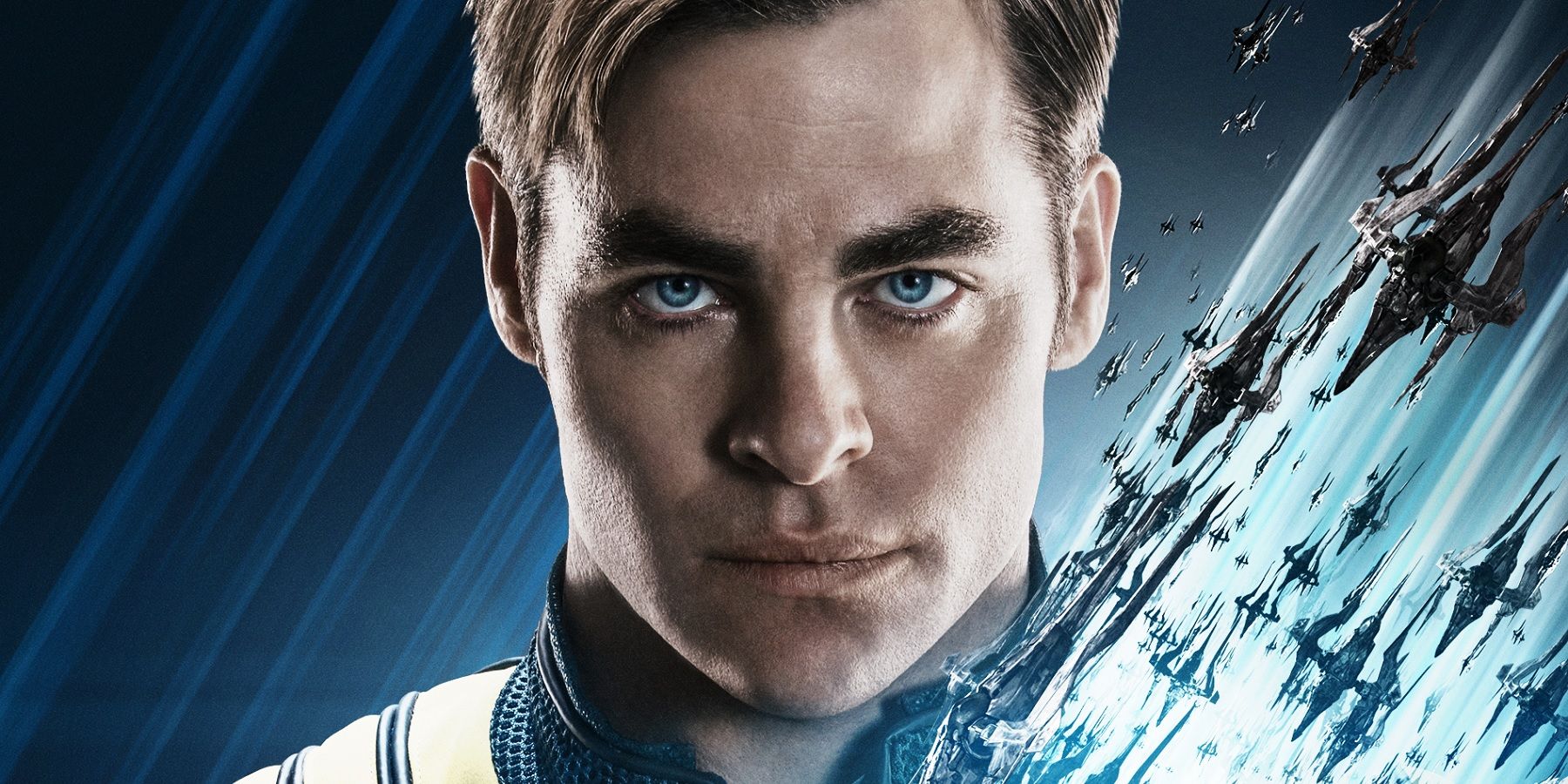
James T. Kirk has a bit more complicated of a backstory, as 2009's Star Trek sets up. Things happen with a timeline shift, he gets to Starfleet in a more wayward manner, and he nearly gets kicked out right before graduation for cheating.
Most suprising, though, is that unlike OS Kirk, who becomes captain 13 years after graduation, Kelvinverse Kirk casually becomes captain at 25, without ever graduating.
This is quite the change.
While it's fascinating to see Kirk go from being an unfocused young adult to a captain, the timeline, however altered, is ridiculous.
Yes, he heroically saved the world. On the flip side, he stowed away onto a starship, went against Starfleet orders, and still never graduated.
Kirk deserved some medals after Nero's attack, but he hardly earned the right to captain an elite starship - not yet, at least.
16 Spock's Cult-Running Half-Brother in Star Trek: The Final Frontier
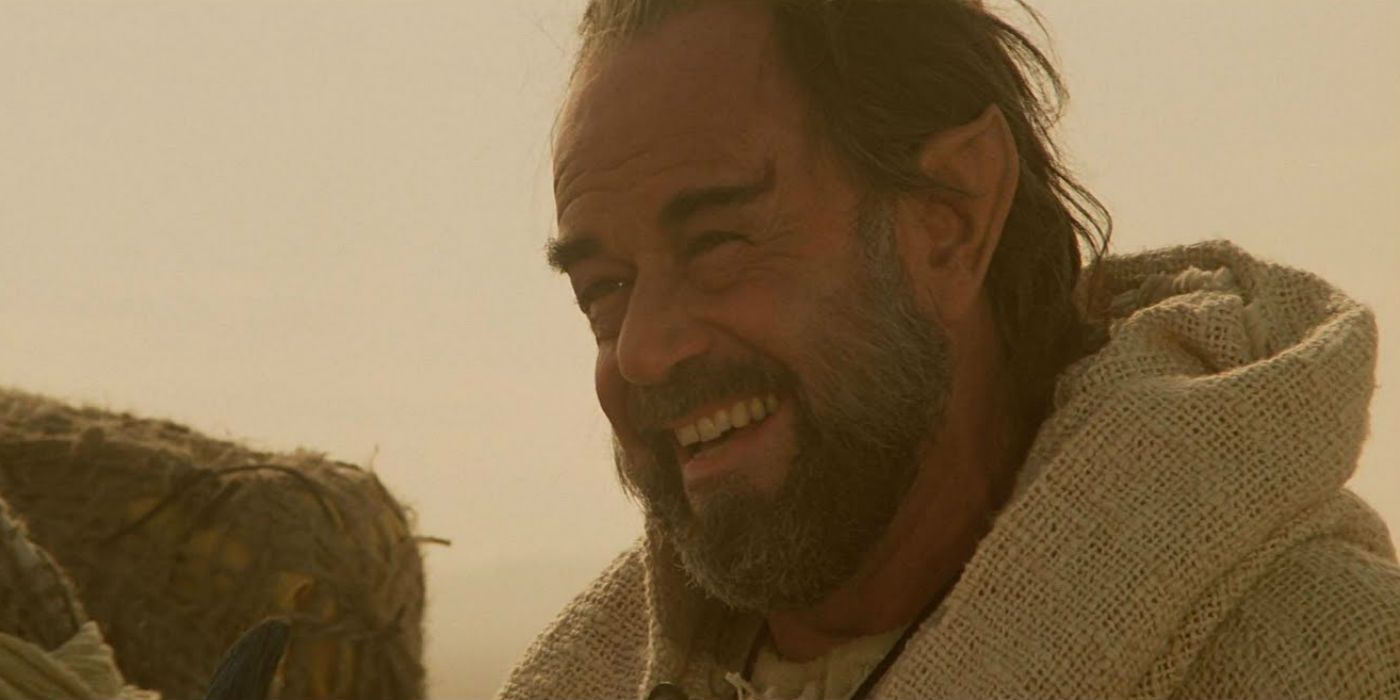
Spock's brother, Sybok, is an odd Vulcan to say the least. Not only is he technically a Vulcan prince, but he also grew to reject the Vulcan teachings of logic over emotion.
Sybok was exiled for this belief.
However, Sybok grew a following. He used Vulcan telepathy to help alleviate psychological trauma.
During this time, Sybok also was following the word of an entity he believed to be god. He did anything, including kidnapping and theft, to get to him.
This elevated his people from a therapy group to a cult.
That "god," of course, was just an evil alien bent on destruction. He just used Sybok to be free of his prison.
The illogical part isn't Sybok rejecting Vulcan beliefs, though, as many before him have done that. Instead, it's that he ignored any Vulcan logic left within him and followed "god" blindly on a rampage across the cosmos.
15 Picard's Random Love Interest in Star Trek: Insurrection

Star Trek: Insurrection has a lot of strange moments. For example, it has fountains of youth, mummy villains, prime directive shenanigans, and the works.
However, one of the strangest decisions, hands down, was giving Picard an random, new romance.
Writers already got enough flack for failing to go anywhere with seasons of romantic tension built up between Jean-Luc and his good friend and doctor, Beverly Crusher, but to give him an inconsequential side romance in a movie that wasn't with her? This only worsened the situation.
Anij wasn't inherently terrible. She's a leader, she's intelligent, and she's wise.
However, she also quickly turns into a damsel in distress who falters at the thought of her man not being by her side.
The fact that Dr. Crusher is in the film, and the one who saves her life, only adds insult to injury.
14 Star Trek: First Contact Objectifying The Borg Queen
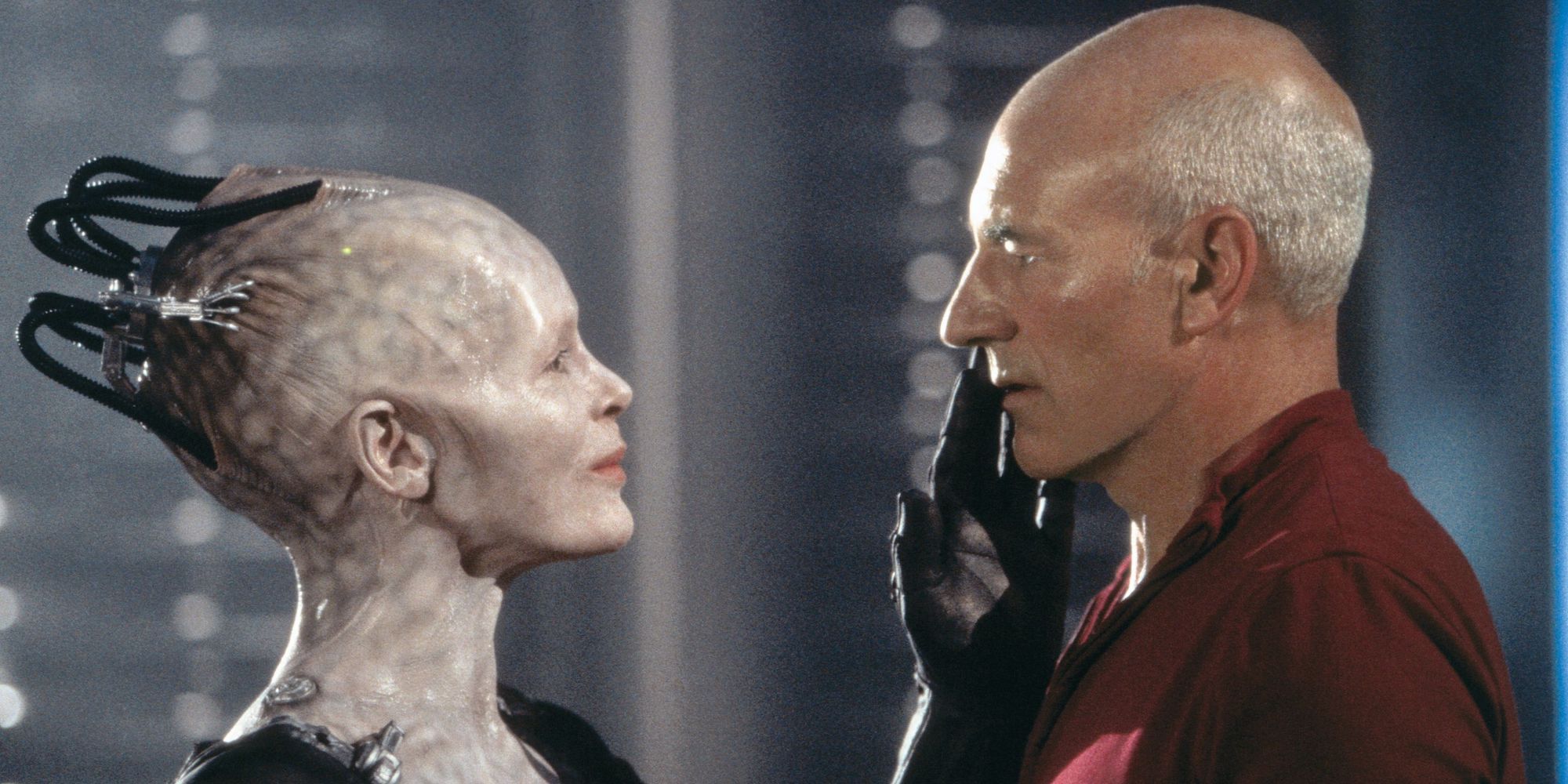
The Borg are some of the most iconic, beloved villains in the entire Star Trek universe. Their somewhat controversial leader is the Borg Queen.
The Borg Queen acts a maleficent figurehead that explains why the Borg decide to assimilate and not choose some other collective goal.
However, she also makes the collective a little more murky, transforming it from an unstoppable mass to a group with a definitive leader.
One thing that doesn't make sense is the way she is objectified in First Contact.
In Voyager, she always had a dark beauty to her and the movie expounds upon that. The Borg Queen turns into a temptress determined to assimilate Data.
While her conniving isn't unprecedented, framing her as an intimate being, when the Borg are inherently uninterested in close relations, is a bizarre choice that feels unauthentic to her character and her people.
13 Khan's Powers in Star Trek: The Wrath of Khan
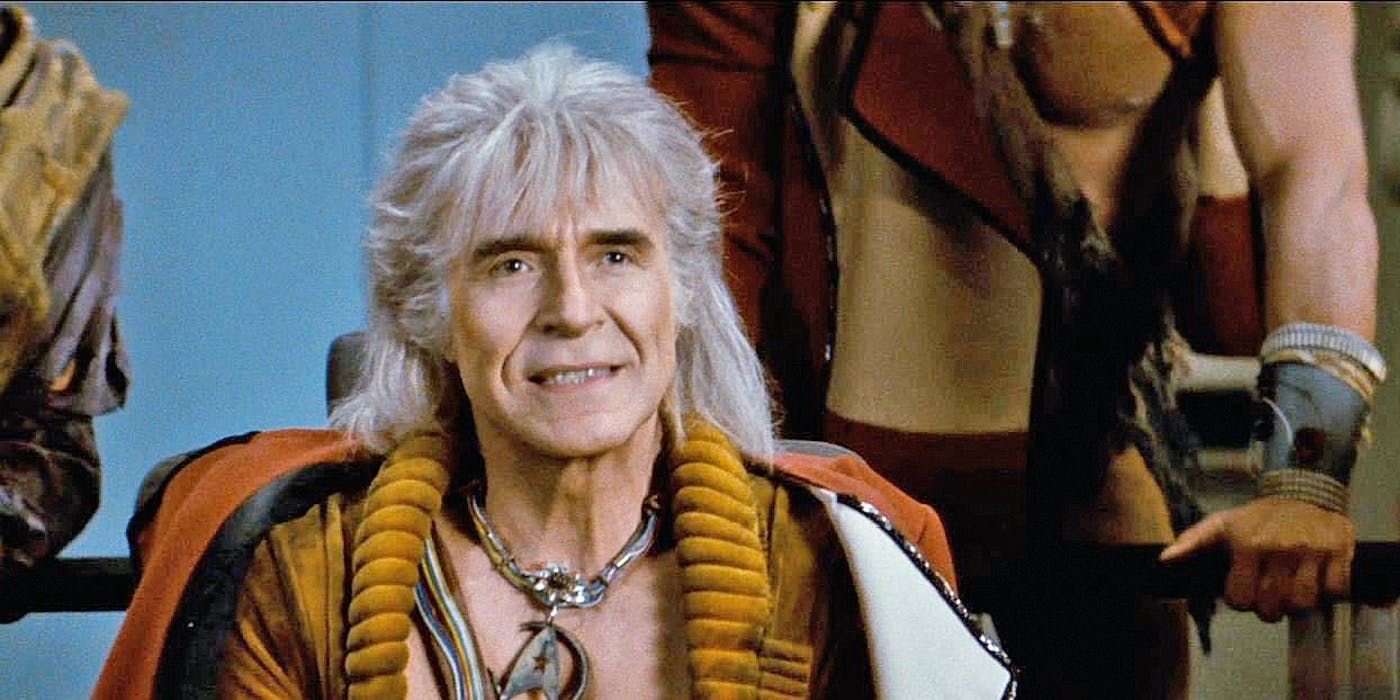
Khan Noonein Singh and his people were created to be augmented, better humans. His entire life story is fascinating and terrible all in one, and it's understandable why he is considered Kirk's arch-nemesis.
He's cunning, unique, and unforgettable.
However, Khan's powers stretch a little into the unthinkable. His augmented strength, intellect, and tactical abilities are in the realm of understanding from the experiments done on him to his times in war. However, the limits of his powers seem nearly non-existent at times.
For example, Khan can deduce correct conclusions off of basically no information. He can take damage that would maim or destroy the average person.
He may be augmented, but there is a limit to the believable.
Also, no matter Kirk's strengths, it's hard to believe that he ever truly could have beaten a man like Khan one on one.
12 Data's "Older Brother" B-4 in Star Trek: Nemesis
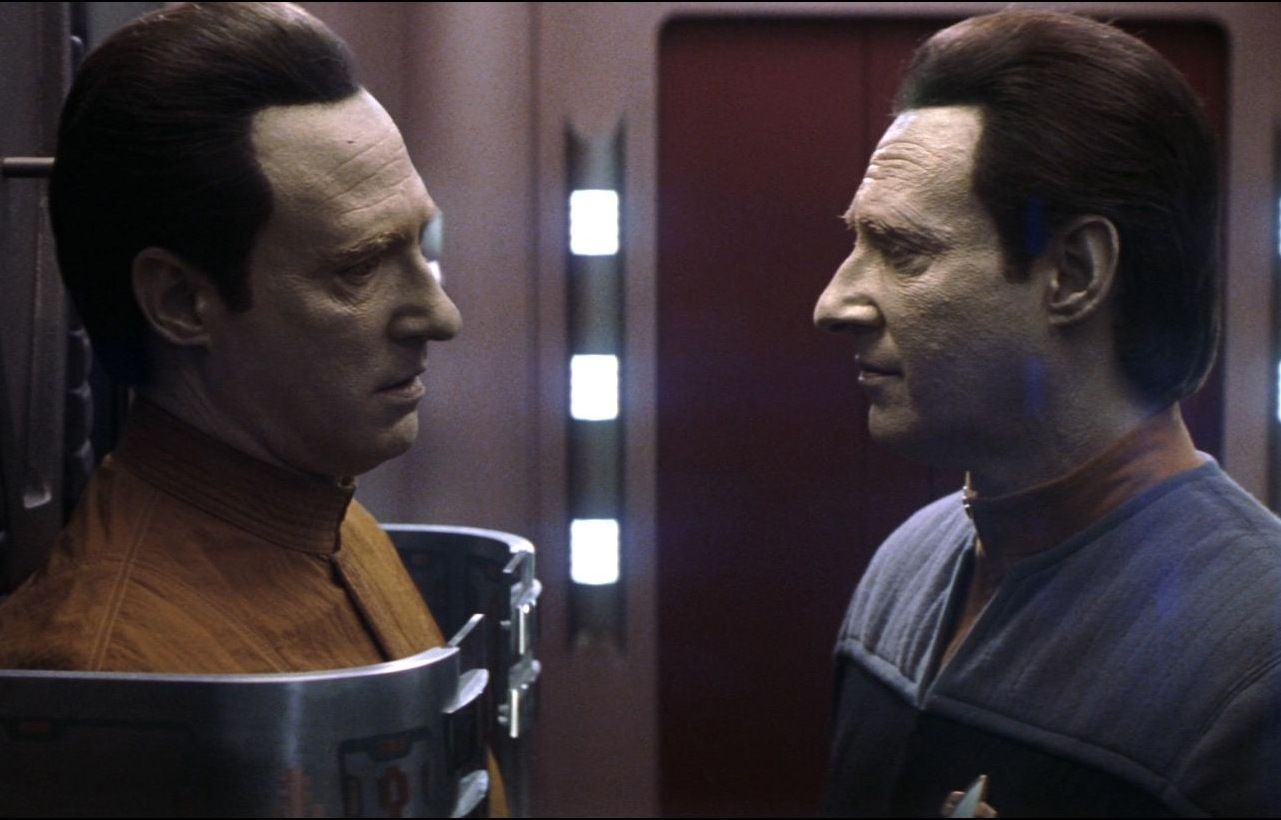
While Nemesis was clearly trying to set up a parallel with Picard and Data, both looking into the worst version of themselves, B-4's existence hardly makes any sense.
Dr. Noonien Soong was known for his obsession with creating androids, yes. However, adding B-4 stretches into near retcon territory.
Dr. Soong treated his androids like children. Therefore it's illogical for him to just disassemble B-4 and leave him somewhere strange.
It's more likely he would have stored him away like Lore on his birth planet of Omicron Theta.
To him, B-4 would have been more like a miscarriage, and not an experimental failure.
Also, of course, he became a strange, existentially confusing cop-out to Data's sacrifice. Though he sacrificed himself, Data's downloaded memories seemed to start turning B-4 into a new Data, instead of becoming his own person.
Morally, that's pretty murky.
11 The Cloud Villain of Star Trek: The Motion Picture
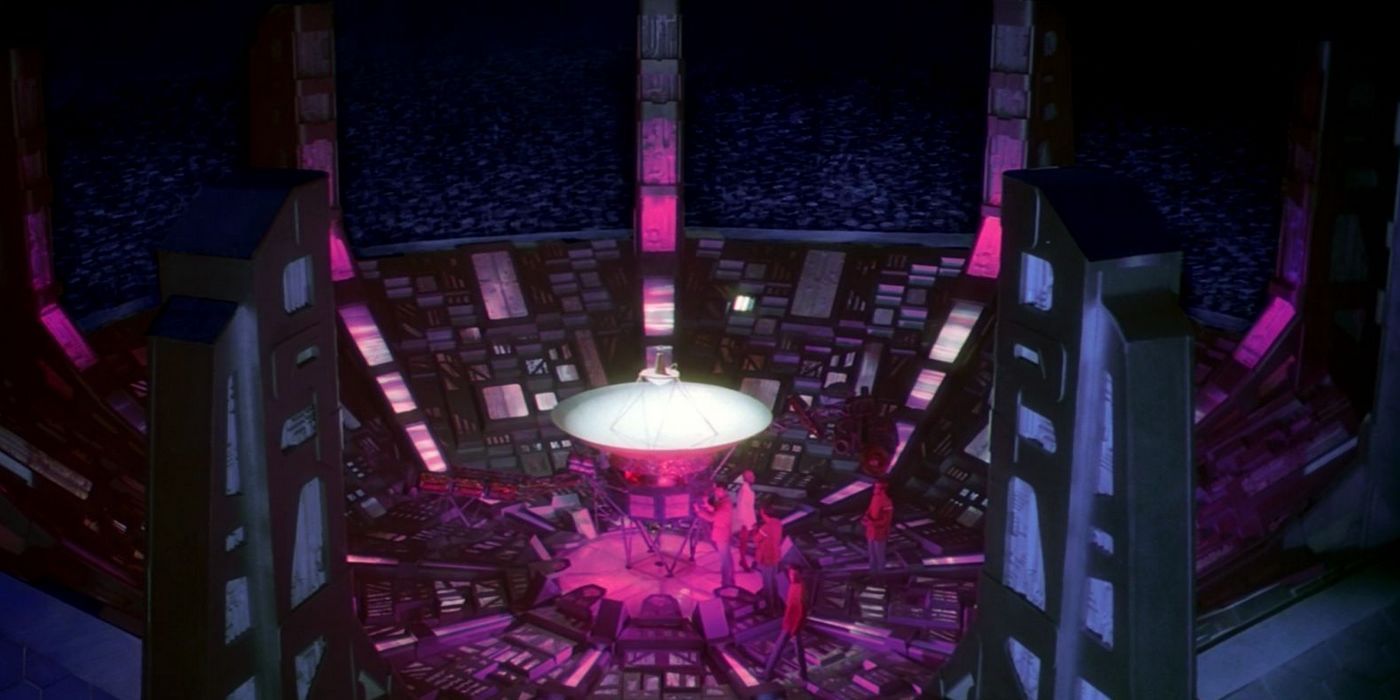
So, the villain is a space cloud, but actually, that space cloud is just a probe in disguise. Also, that probe, V'Ger, was sent by humans and was assumed lost. It just was out there so long that it gained a consciousness and became depressed about existence.
Star Trek: The Motion Picture ends with a captain and a robot of his deceased girlfriend melding with the probe and becoming a new consciousness, disappearing into the void.
Spock also shows up because he can connect to the emotional presence of the probe.
The movie is odd because it feels like an elongated episode of the OS. However, of course, it's one of the really weird episodes that fans just blink at after it's done.
While hardly horrible, it's a strange maze of a conclusion that seems to have no discernible, focused meaning.
10 Kirk's Demotion in Star Trek: The Final Frontier
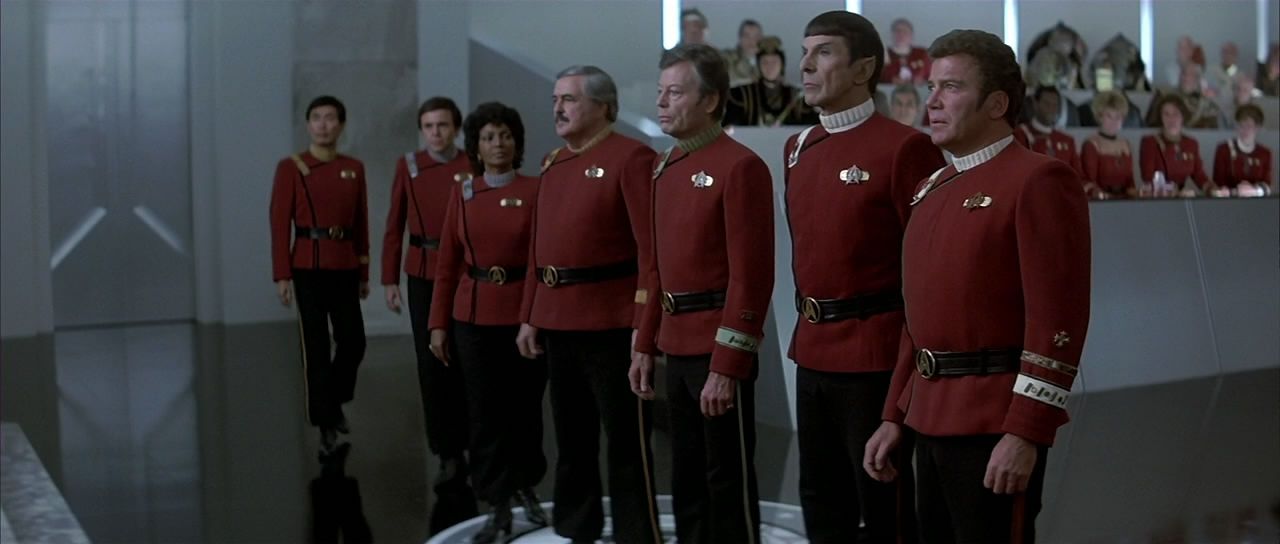
In the previous movie, Search for Spock, Kirk and crew go to any lengths to retrieve their lost comrade, Spock. Kirk even loses his son in the process.
Once they get back to Federation space, though, they have to face the consequences of their actions. Because of this, Admiral Kirk gets demoted back to good, old captain.
Now, the demotion itself isn't unwarranted. Kirk takes a Klingon ship, exposes the Genesis planet to non-Federation species, and battles with Klingons during an already tense time.
However, this is hardly the first time that Kirk has done anything worth demotion.
Throughout the Original Series, Kirk makes questionable decisions based on brashness and heroism versus diplomacy.
It took a little too long for him to face any repercussions for this, to the point that it's silly that he faces them now.
9 Star Trek: Insurrection's Fountain of Youth Plot
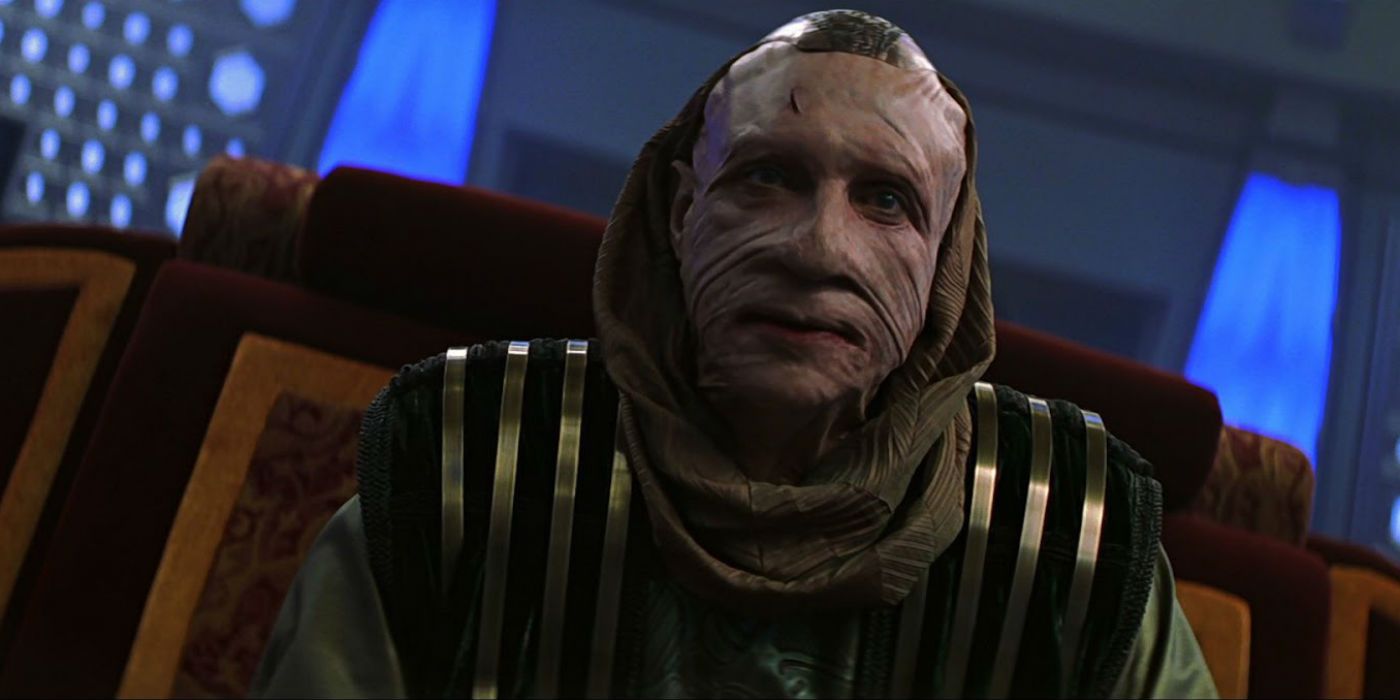
The Son'a lead as Insurrection's villains because they desperately want to live forever. They crave the fountain of youth powers of the Ba'ku planet.
Awkwardly, the Son'a were Bak'u all along and weren't immortal because their ancestors attempted a forceful takeover.
However, the "fountain of youth" plot was oddly a lot like an Indiana Jones movie and thus didn't seem like a Star Trek plot. It was pretty straightforward, with little scientific mystery or intrigue.
The only plot twist was about the Son'a, which was a pretty weak development.
It would have been far more "Star Trek" if it wasn't just the planet itself. It would have been more fascinating if, say, the water reacting to their specific biology made them immortal, so it was a mix of the two.
Also, it would have been more cathartic if all of their genetic altering done during their quest for immortality made them mortal.
8 William Shatner's Directing in Star Trek: The Final Frontier
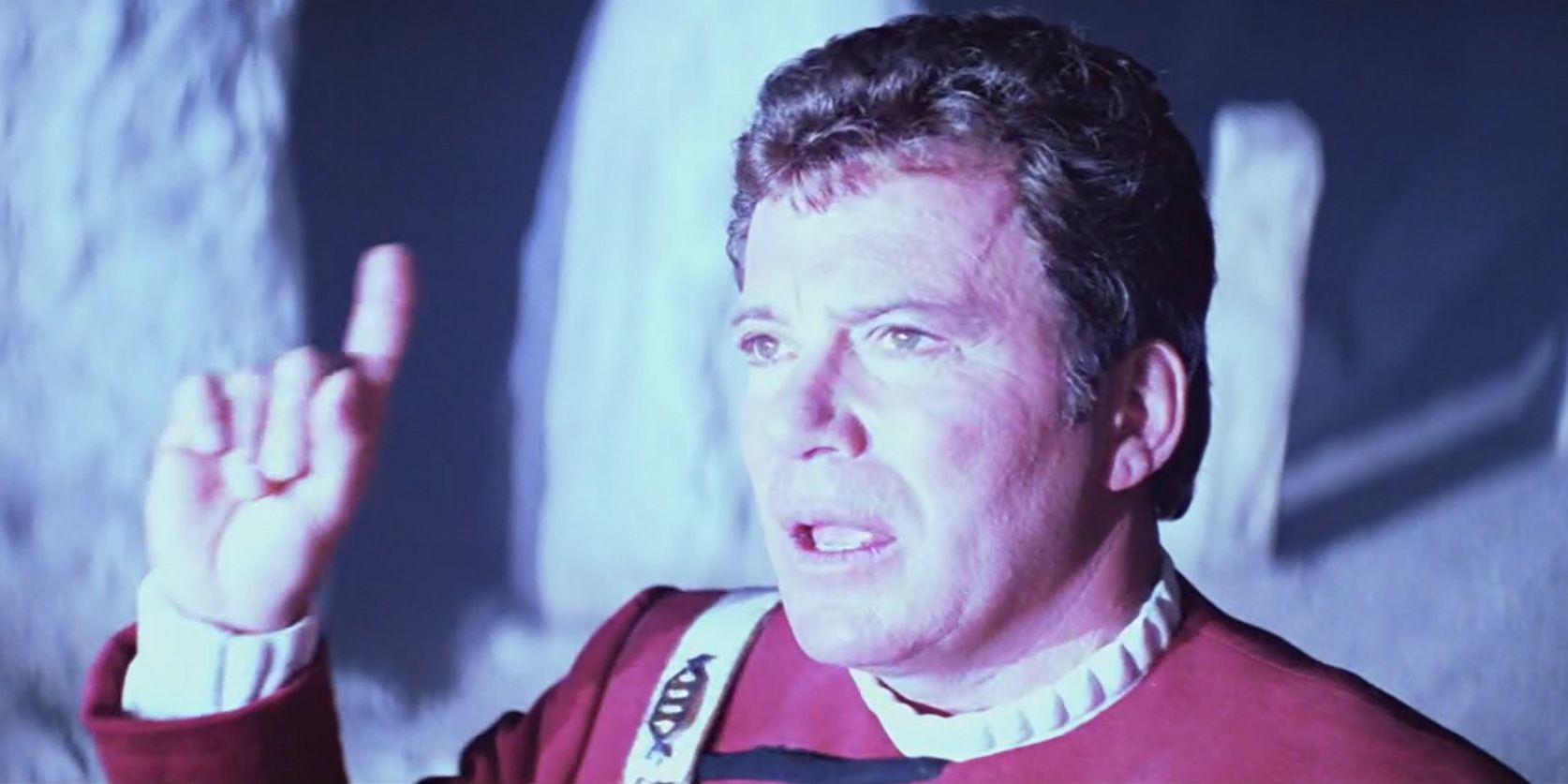
The Final Frontier was the only Star Trek movie Shatner directed, and for good reason. The film is one of the least well-received and, according to its producer, it nearly ended the entire franchise for good.
It's flaws lie in its odd mix of tone, story, and camping - lots of camping.
The story starts with an adventure to Yosemite, goes on a wild ride about space cults and god, and then goes back to Yosemite.
Also, the movie disjointedly shows Kirk amicably working with Klingons when, in the next film, he's undeniably racist towards them.
Ultimately, the movie feels more like a strange dream or fan fiction about the OS, and not like an actual, canon story. Yet, somehow by the grace of William Shatner and camping, it is.
7 Star Trek: Nemesis's Action Movie Style
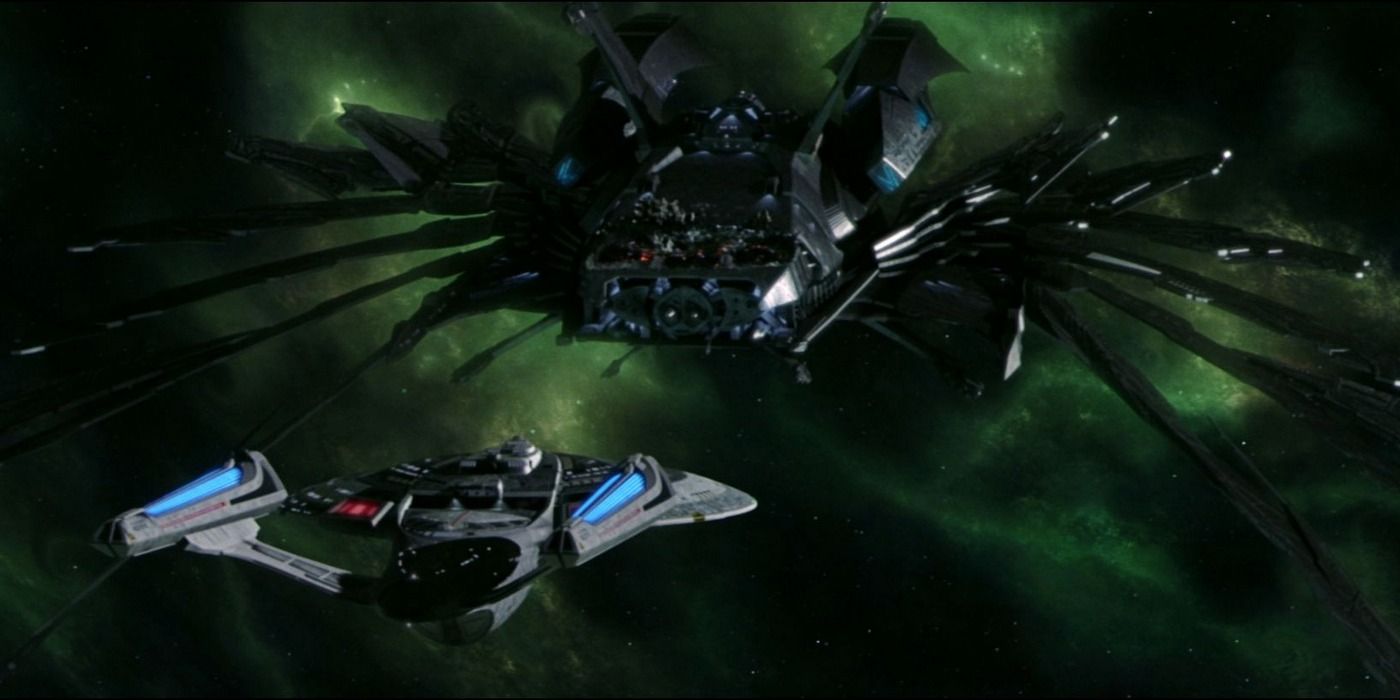
Before the Kelvin timeline, Star Trek was hardly known for its action. While the odd episode or cinematic scene definitely got more heated than others, the franchise as a whole leaned on its foundations of exploration, mystery, and scientific discovery.
There's a reason why Federation space battles aren't exactly something to write home about.
However, in Star Trek: Nemesis, there was a shift. Instead of leaning more on its inquisitive past, the movie turned into an action flick.
There were intense battles, hand-to-hand combat, and explosive sacrifices. The fact that Picard impaled his clone instead of diplomatically talking him down also says a lot.
Action can be fun in Star Trek. The Kelvinverse has shown that.
Its sudden appearance in Nemesis, though, made the movie a strange send-off for one of the most diplomatic captains.
6 Beastie Boys Existing in Star Trek: Beyond
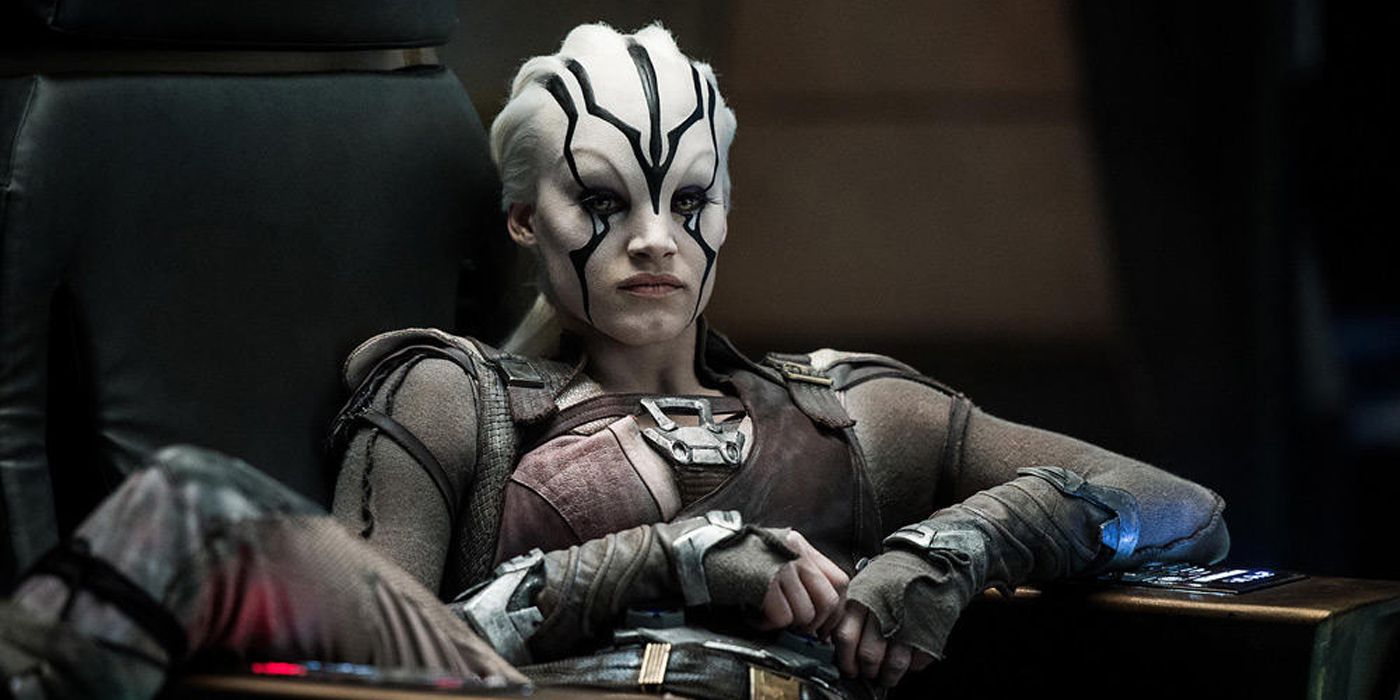
Time paradoxes are quite the problem in all of science fiction, as they are readily avoided by all involved. However, Star Trek: Beyond managed to create one all on its own - and it was one that didn't even connect to the plot.
In a fun, clever move, the film made popular music logical by having the new punk-rock techie, Jayla, be a huge fan of old Earth music - particularly, The Beastie Boys.
They even use The Beastie Boys' "Sabotage" as a clever device to fight off the sound-oriented enemies. This aspect of the film was brilliant.
However, there is a problem. If the Beastie Boys exist in the Star Trek universe, there is a paradox.
After all, they sing about Spock in one of their songs and he doesn't exist for hundreds of years.
5 Star Trek: Into Darkness Starting With Kirk Losing Command of The Enterprise
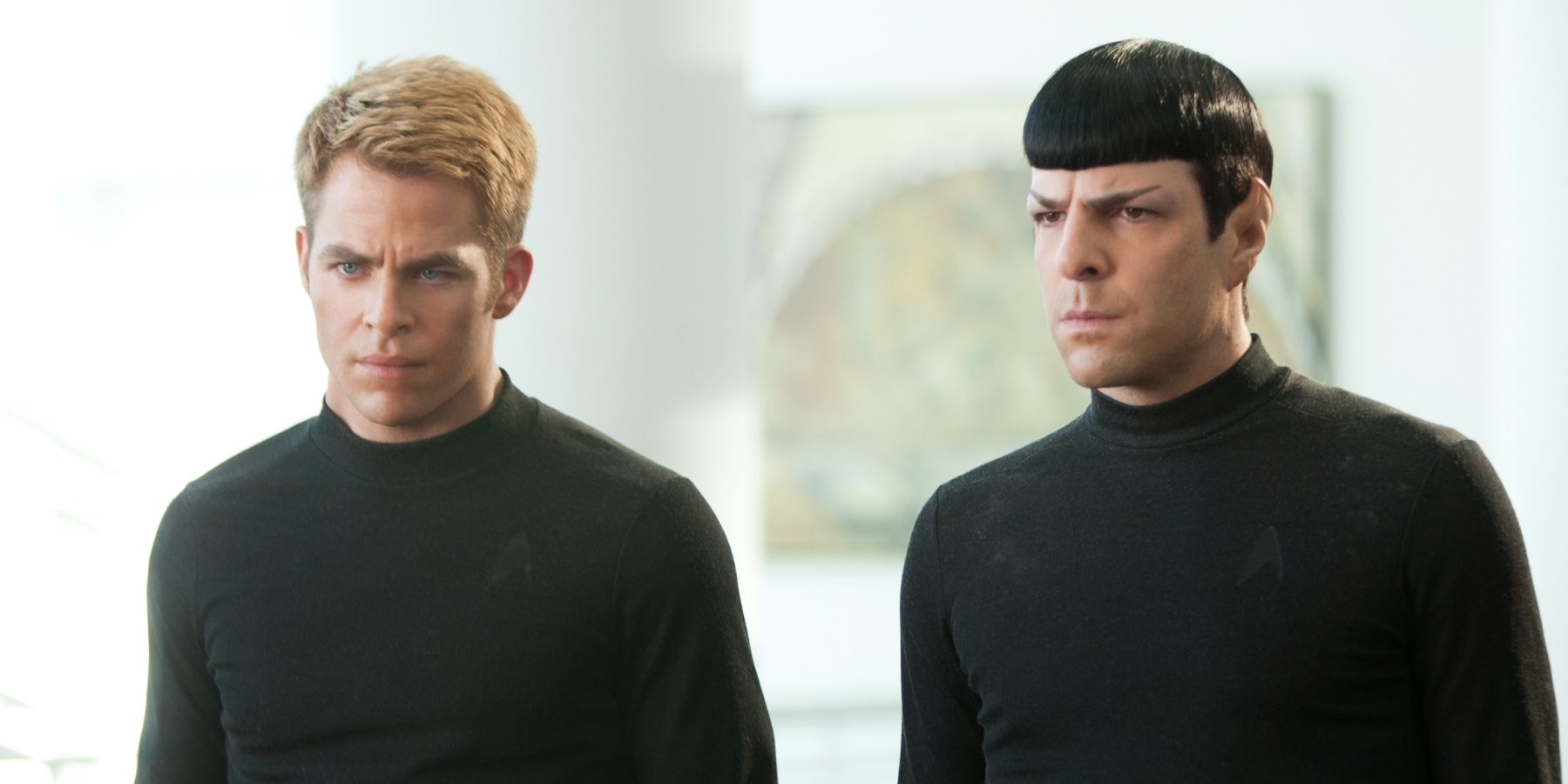
While Kirk's merits as such a young captain are questionable, his demotion at the beginning of Star Trek: Into Darkness was nonsensical.
After all, they rewarded his several breaches in protocol with command in the last film. Why wouldn't he assume that choosing to be a hero was always the right route to go?
Of course, though, the change is short-lived. The new captain, played by Chris Pike, quickly perishes in an attack and Kirk is reinstated.
The narrative decision might have been made to try to show Kirk's willingness to put his entire livelihood on the line for his crew, but it better serves as an awkward, hypocritical backwards step on Starfleet's part.
By now fans already knew that he'd sacrifice himself for his crew.
4 Kirk's Klingon Racism in Star Trek: The Undiscovered Country
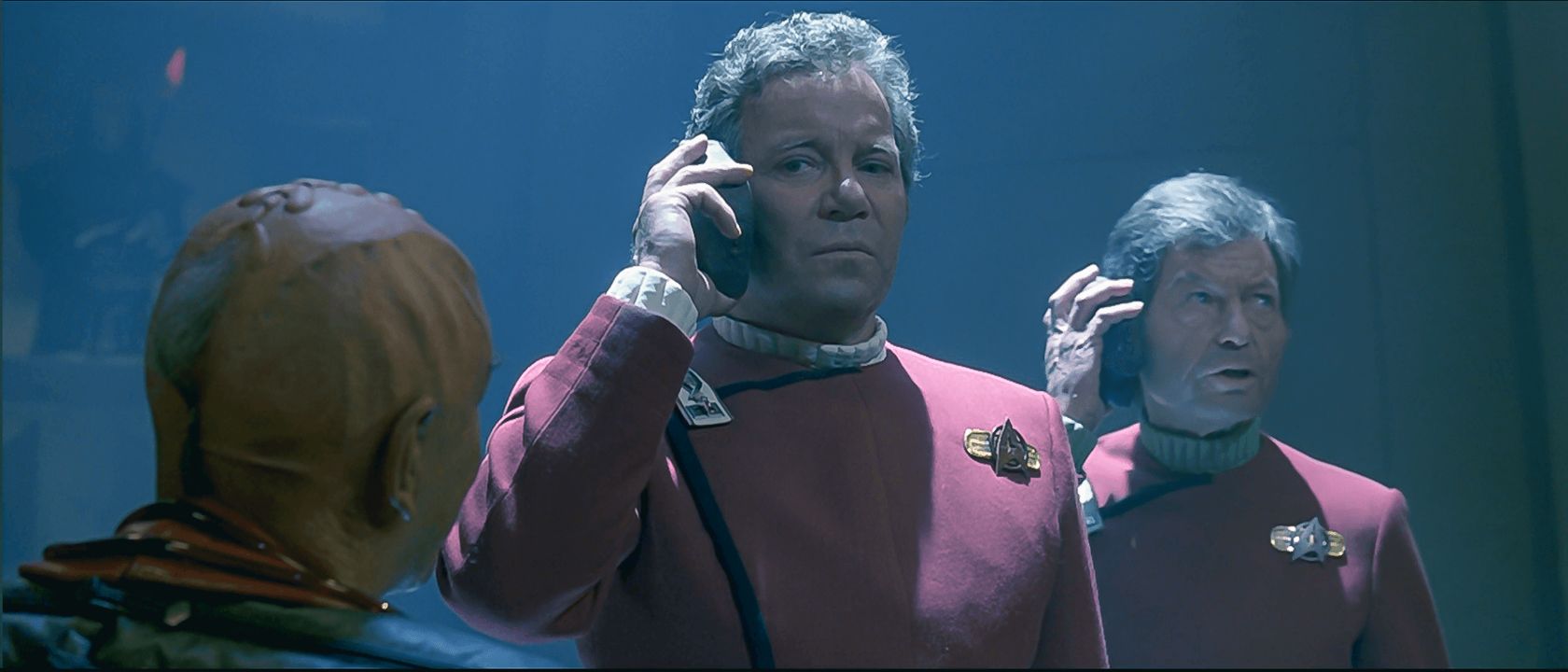
By the time of The Undiscovered Country, fans would think that Kirk might have learned a thing or two more about diplomacy. Unfortunately, that's doesn't seem the case in the movie.
The Enterprise's mission is to meet with a Klingon delegation to partake in peace talks, ending the Federation/Klingon conflicts.
Instead of doing his best to be cordial, Kirk hones in on the fact that completely different Klingons took down his son. Throughout talks he is visibly uncomfortable, short, and mistrusting.
Because of his behavior, he and Dr. McCoy get pinned for assassinating a Klingon leader.
Kirk has always been a hot-blooded, action-loving kind of guy. However, he was diplomatic when necessary.
This breach in his usual personality was detrimental and, ultimately, it caused him more strife than necessary.
3 Star Trek: Into Darkness Poorly Paralleling Wrath of Khan's Plot
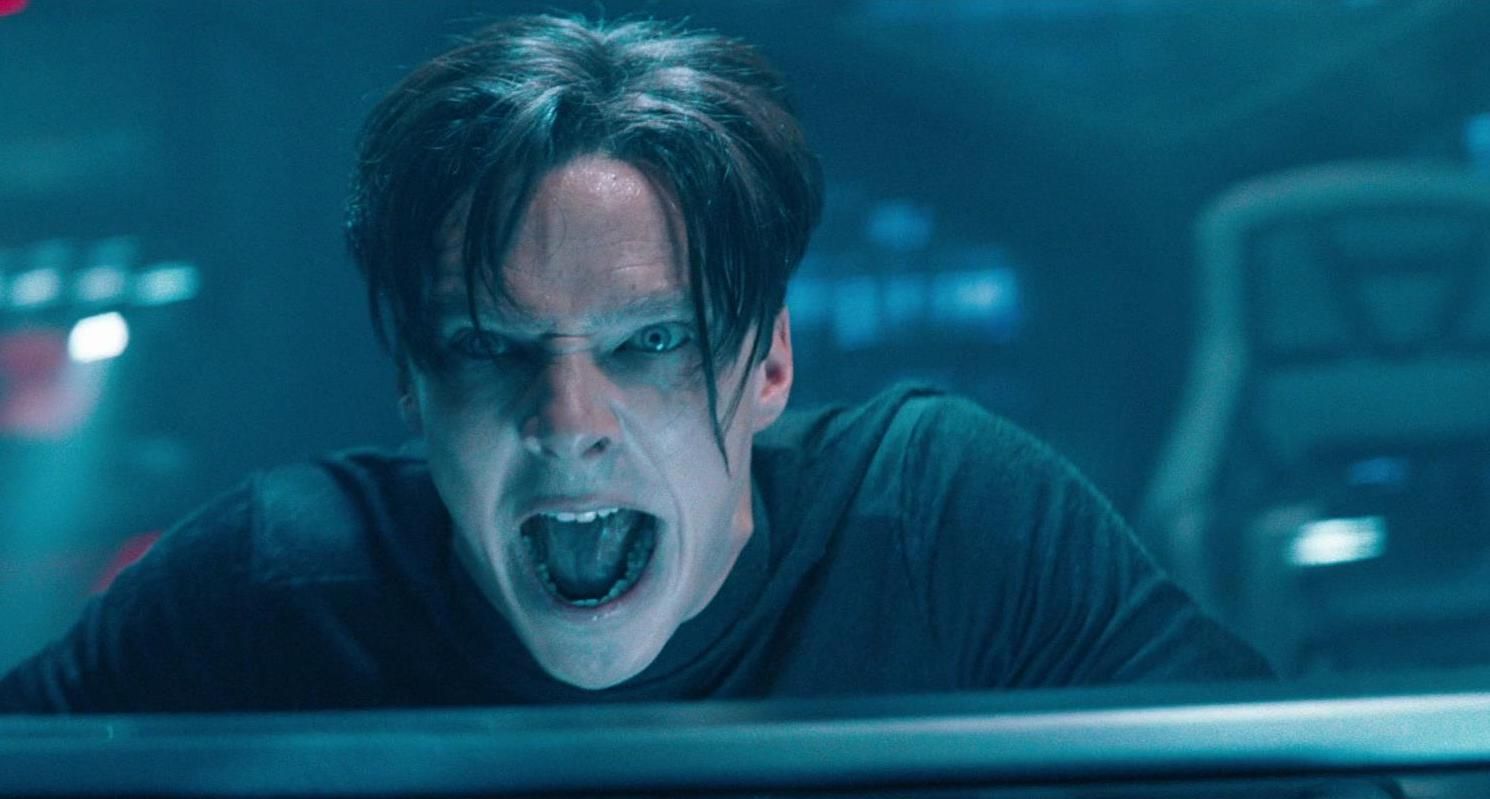
The Kelvin Timeline Star Trek movies have been an interesting sort, existing in a slightly off-kilter world compared to the Original Series.
This gave the films enough leeway to make nostalgic call-backs, but also create new, complex stories for the characters.
Many of the Kelvinverse movies have been new tales following Captain Kirk's Enterprise. The second film, Star Trek: Into Darkness, instead created a slanted version of a well-known conflict: Kirk and Khan.
Khan Noonien Singh was a classic, beloved villain who appeared in the series and the movie Wrath of Khan. He's often listed as one of the best Star Trek foes to ever exist.
On the level of nostalgic adoration, he's nigh untouchable.
Yet Into Darkness still tried it, with less time for build-up and with not enough unique flair to make the repeat worthwhile.
2 Spock's Willingness to Destroy Dr. McCoy's Mental Health in Star Trek: The Search for Spock
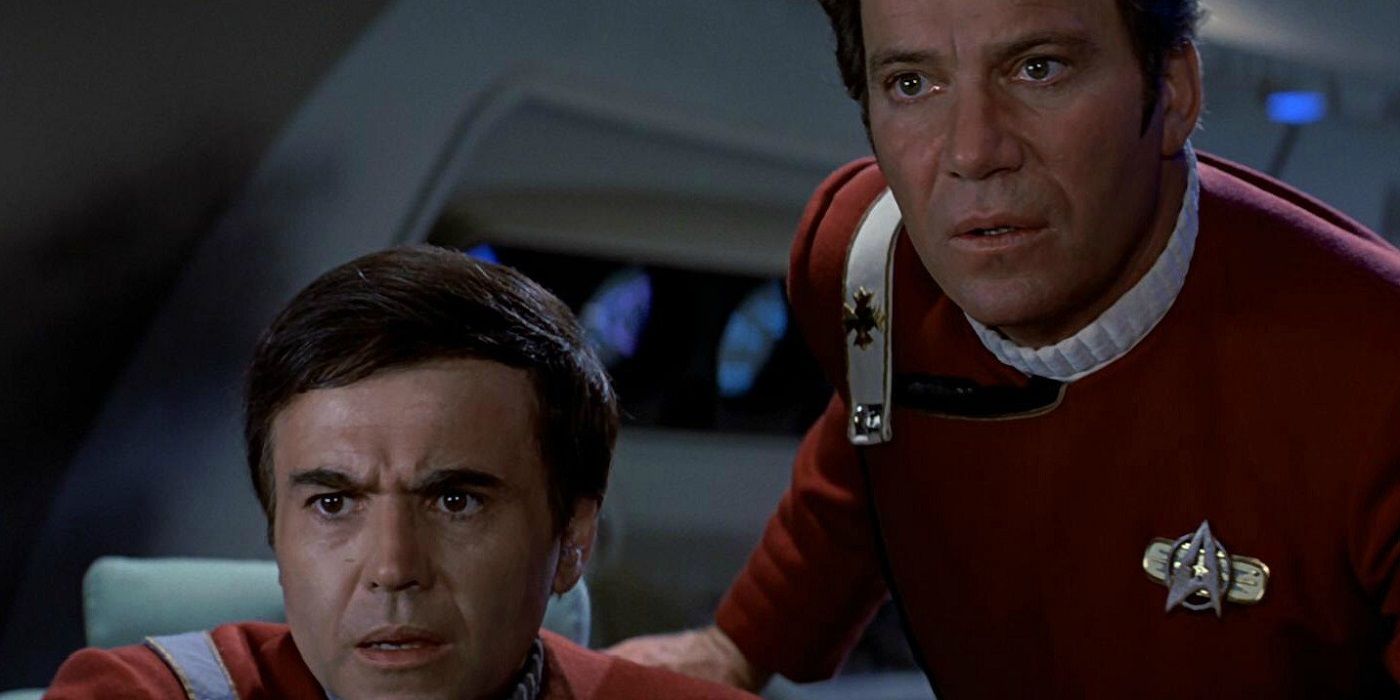
Spock gets flack from his human crew mates for being infallibly logical. While his composure breaks on very few occasions, there's nearly always a very deliberate reason that benefits everyone.
It's what makes him such a unique, fascinating character.
Despite these facts, Spock's personality does a 180 when his life is threatened.
Instead of accepting his loss as a "needs of the many outweigh the needs of the few" situation, he performs something far more dangerous and daring.
Before perishing, he projects his living spirit into Dr. McCoy, giving him a chance to live again. The catch is that if the consciousness is not removed, McCoy will lose his mind and pass away.
While fearing for ones life is an inherently human reaction, it's very unlike Spock.
He risked the life of a vital crew member and got his friends court-martialed as a result.
1 Star Trek: The Voyage Home's Time Travel Plot About Whales
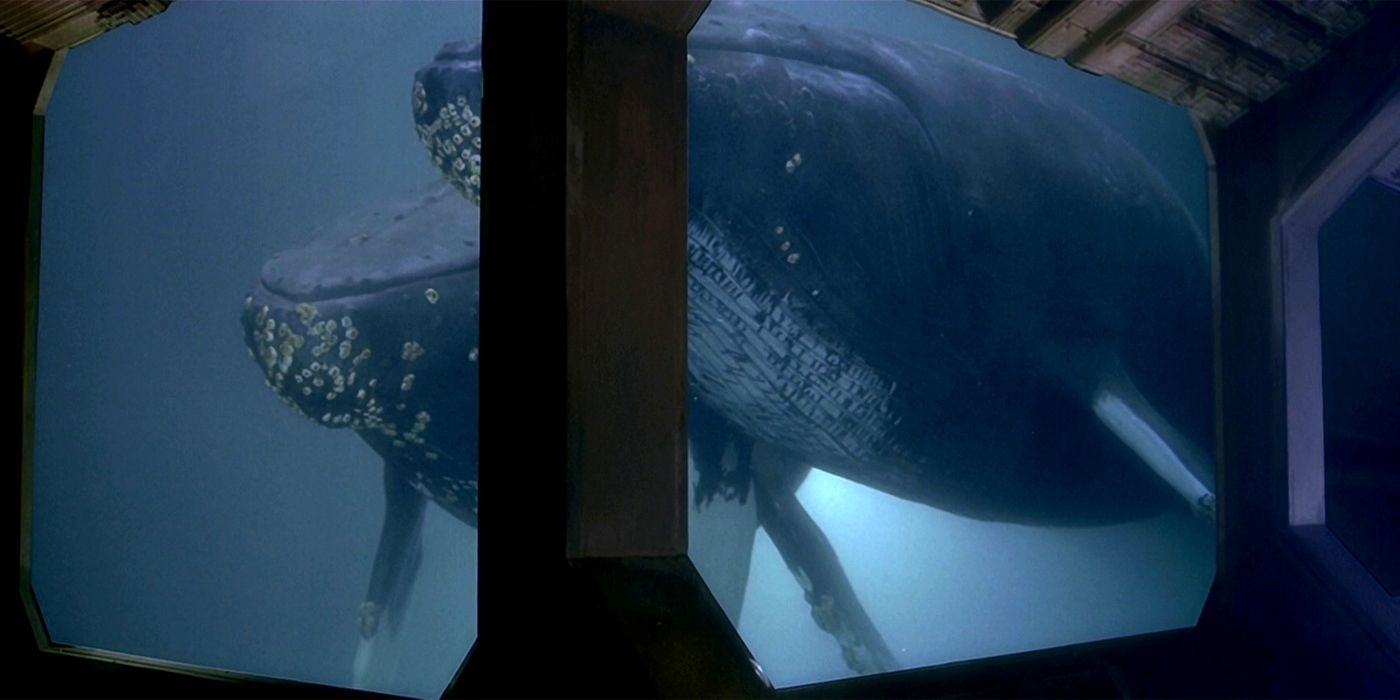
The Star Trek franchise is known for its fantastical stories of how scientific discovery can effect the universe and its people. These episodic narratives have sparked inspiration, curiosity, and awe in viewers.
However some episodes, and even movies, push boundaries into ludicriousness.
The Voyage Home is one of the most infamous cases. The central conflict is alarmingly bizarre: a disarming probe is traveling through space and shutting off power to all it passes.
Once it reaches Earth, it settles into orbit and causes world-wide chaos.
Spock notices that the frequency is similar to that of the non-extinct Humpback Whales. To send the probe away, they need to go back in time, confiscate a Humpback Whale, and use it to answer the alien's signal.
With all of Star Trek's cautionary tales about time travel, this one isn't just crazy, it's nigh irresponsible.
---
Are there any other big problems that everyone ignores about Star Trek movies? Let us know in the comments!
from ScreenRant - Feed https://ift.tt/2PRrjMa
via IFTTT
from https://ift.tt/2wuBb6p
via IFTTT
No comments:
Post a Comment